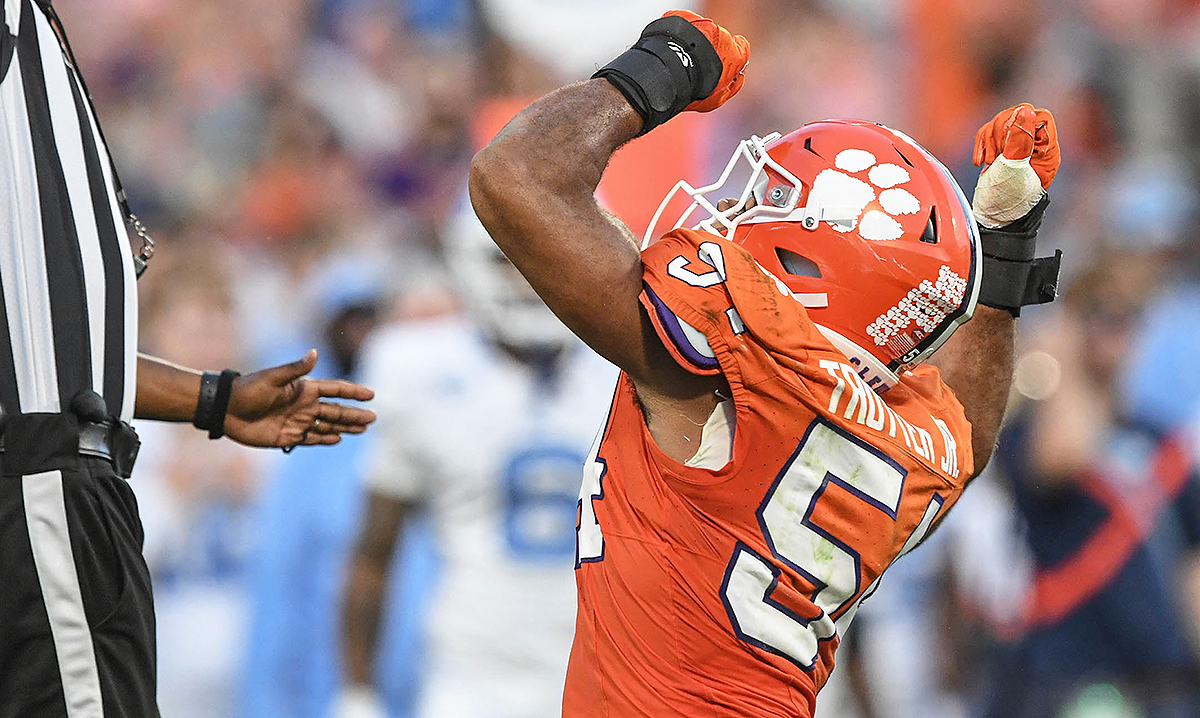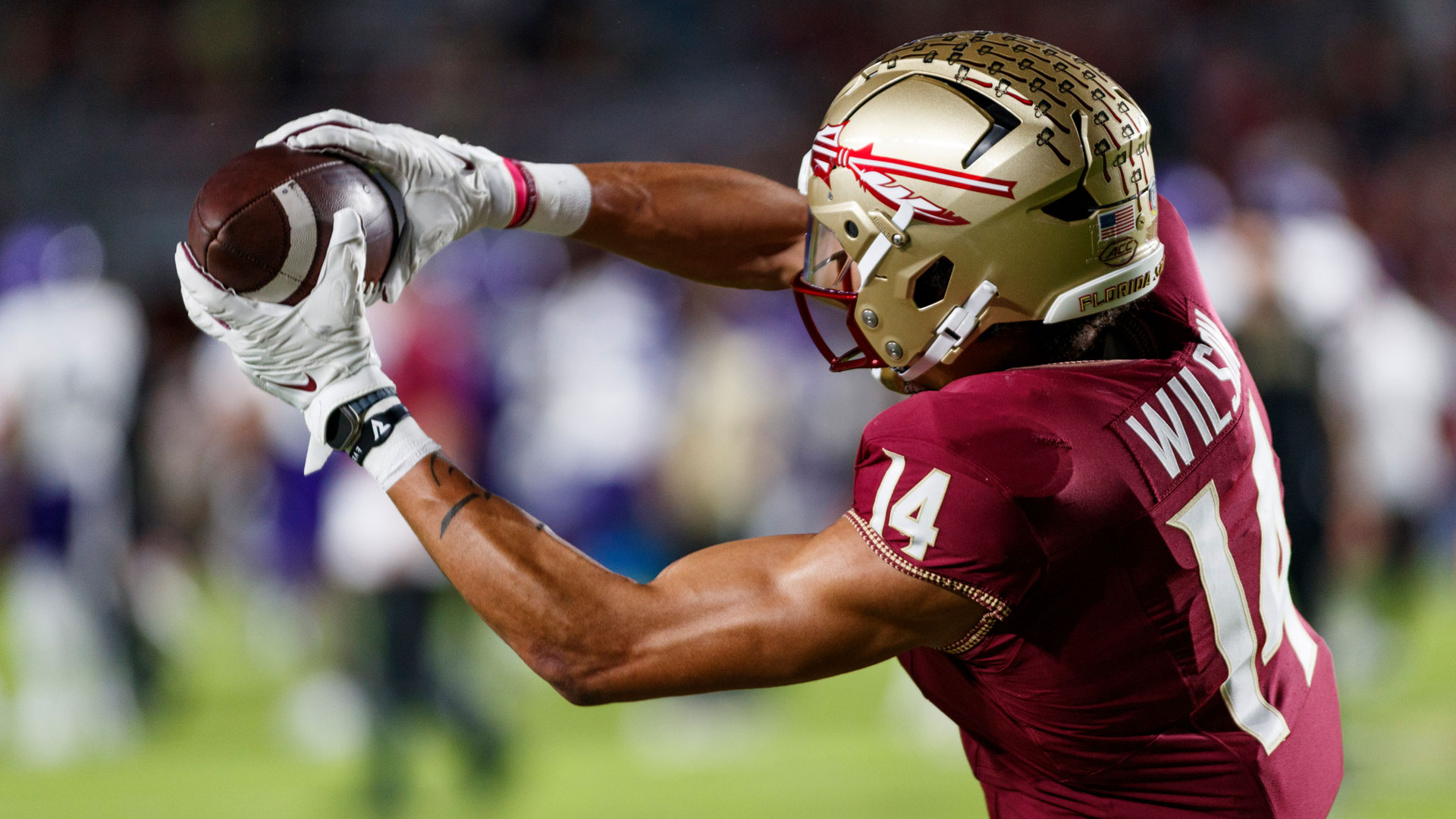Gale Sayers never did it. Marshall Faulk never did it. Edgerrin James never did it either.
Not once.
Miles Sanders has three runs of 74 or more yards this year. Half of the 26 modern-era running backs in the Pro Football Hall of Fame never had a single run of 74 yards in their legendary careers.
Stay in the game with the latest updates on your beloved Philadelphia sports teams! Sign up here for our All Access Daily newsletter.
Hitting long home runs is a rare skill for NFL running backs. Defenders are so fast these days it's tough for even the quickest backs to run the length of the field.
But Sanders has a rare combination of skills — speed, power, vision, elusiveness — and when he gets past the first level, he's always a threat to go all the way.
Sanders this year became the first first NFL back in eight years with three 70-yard runs in a season and only the sixth since 1994, which is as far back as Stathead tracks the length of all runs from scrimmage (not just touchdowns).
This year, every other NFL running back combined has eight 70-yard runs. Sanders has three — all in the span of 74 carries.
NFL
How does he do it?
"Just understanding the blocking scheme, understanding what we're trying to do is big, of course, and he's been good," said Eagles running backs coach Duce Staley, who had nearly 6,000 career rushing yards but no runs over 64 yards. "He's been studying the game, has been watching film. And a guy with his ability, being able to get in the open — he believes that no one can catch him. And that's the kind of confidence you want from your running back."
Sanders had runs of 74 yards in back-to-back games against the Steelers and Ravens in October and then a career-long 82-yard run against the Saints two weeks ago.
He's now responsible for three of the nine longest runs in Eagles history. The only other Eagle with more than one career 70-yard run is Wilbert Montgomery, who had a 72-yarder in 1980 and a 90-yarder in 1982.
"I do what I'm told every play," Sanders said. "Do what I'm supposed to do. Reading the linebackers. Sometimes they might hit frontside. Sometimes they might hit backside. That's why I have to be in the right place. Throughout the game, I'm feeling them. Honestly, they're feeling it too. They're going to think they know where the ball's going. But honestly, if they hit the wrong gap, I'm out somewhere else. So just really staying disciplined with my aiming points and my landmarks and hitting the holes when I see them."
If you remember last year, Sanders got off to a slow start. He was averaging 3.5 yards per carry in the Eagles' first seven games and hadn't shown any explosiveness yet.
Then he popped a 65-yard TD in Buffalo and finished the season with a 56-yard run against Washington.
Now he has five 50-yard runs in his last 20 games. Nick Chubb is the only other NFL player with five 50-yard runs since opening day last year.
"I remember ... last year sometime, I can't remember what game it was, but I remember having a conversation with him," Staley said. "He broke loose and got caught, and I was like, 'Wow man.' I said, 'I thought you were gonna be able to go 70, go 80. He said, 'Coach I can. I promise you I can.' So every time he breaks one this year he comes up to me (and says), 'You want to have a conversation?' I'm like, 'Nah, you right.'"
Sanders already has the most long runs in Eagles history, and he's only 23 and not even through his second NFL season.
And keep this in mind: Sanders has done all this with the 20th-most carries in the NFL over the last two years.
Just imagine how much damage he could do if he was getting more than 12.1 carries per game.
Maybe one day we'll find out.
Subscribe to the Eagle Eye podcast:
Apple Podcasts | Google Play | Spotify | Stitcher | Art19 | Watch on YouTube


